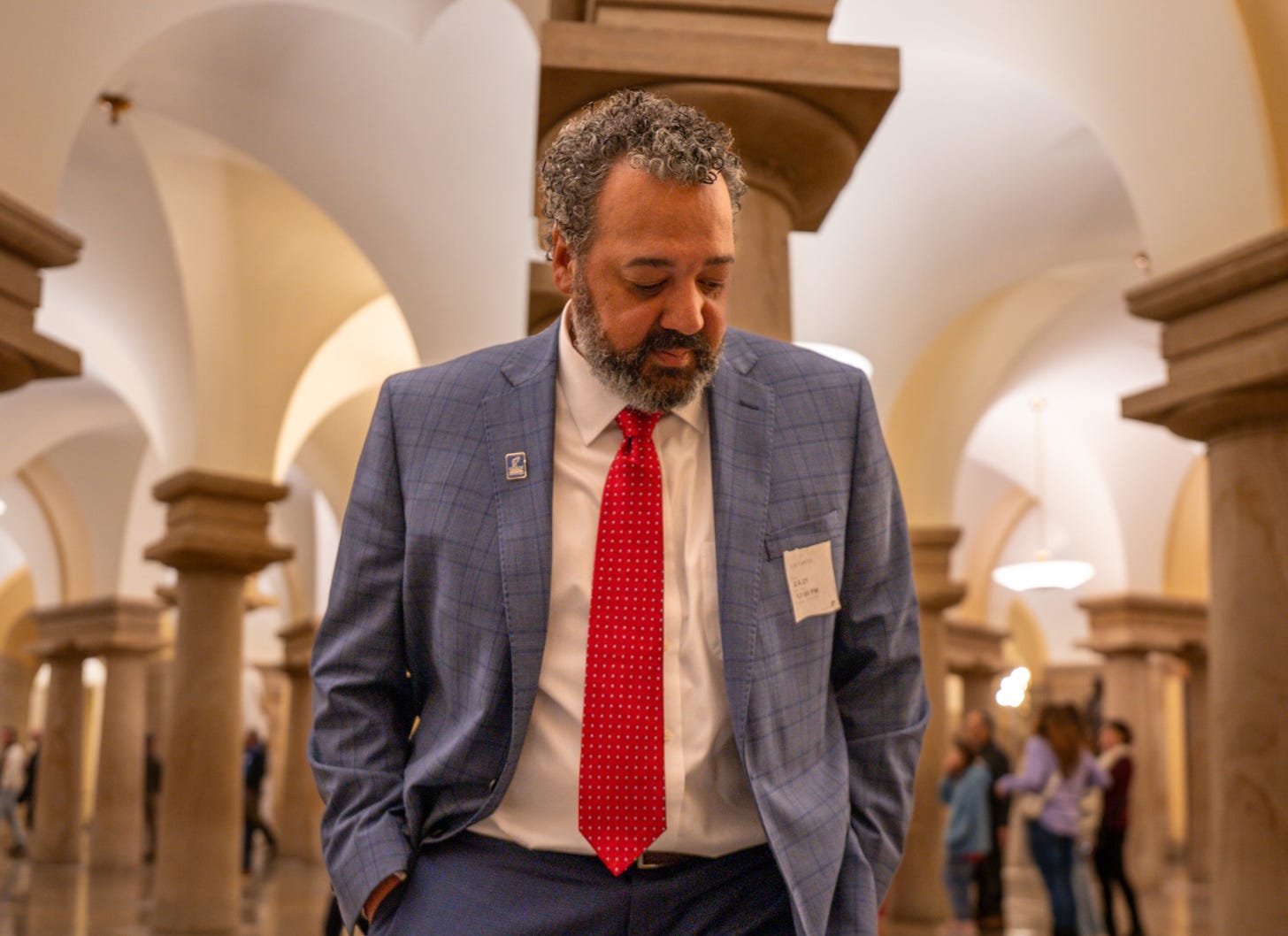Elias Marshall, in his debut piece for Wild Dispatch, spoke of a broken compass, a metaphor for a philosophy rooted in deep knowledge of the land. He laid bare the challenges presented by proposed changes to the 2001 Roadless Area Conservation Rule, highlighting the potential impact on nearly 59 million acres of our national forests. He articulated what’s at stake for big game, for salmon, and for the sporting heritage that defines so many of us.
Elias is right. The integrity of our approach to land management is indeed being tested. What was once a widely accepted protection, forged from decades of scientific understanding and a pragmatic response to existing infrastructure challenges, is now being reconsidered. This isn't necessarily about partisan politics; it’s about ensuring we make sound decisions for the future of some of America's last unfragmented wild places, rather than opening them to activities that might diminish their long-term value.
The Scale of Our Shared Trust
Fifty-nine million acres is a number that’s difficult to fully appreciate. It’s an area larger than 27 individual U.S. states. These are the high-country havens, the remote river drainages, the old-growth forests that provide unparalleled solitude and critical habitat. They are the untamed corners where wildlife thrives, where native trout populations find refuge in pristine waters, and where the silence is broken only by the natural world. For many of us, particularly those who seek the deepest wilderness, these roadless areas represent a vital part of our shared American heritage and a testament to good land stewardship.
The current rhetoric around this shift often centers on "common sense management" or "wildfire prevention." Elias thoughtfully explored these points. As a hunter who has spent countless hours in wild country, I’ve observed firsthand how new roads can alter a landscape. They can change habitat, increase human activity in sensitive areas, and sometimes lead to unintended ecological disruption. The idea that more roads in already remote, often higher-elevation areas are the primary solution to our complex wildfire challenges might not align with the broader ecological picture. Our most pressing wildfire issues often occur closer to communities, in the wildland-urban interface, not deep in these resilient, intact backcountry ecosystems.
This discussion, at its core, is about how we value our public lands. It’s about ensuring that we maintain the ecological health and recreational opportunities that underpin our hunting, fishing, and outdoor economies. It's about protecting the natural capital that benefits all Americans, rather than pursuing short-term gains that could compromise long-term ecological well-being.
A Proactive Step for Enduring Stewardship
However, the conversation isn't just about challenges. In the face of this reconsideration of the Roadless Rule, a proactive and thoughtful response is emerging from within Congress. Senators Cantwell (D-WA) and Gallego (D-AZ), along with Representatives Salinas (D-OR) and Ansari (D-PA), have introduced bicameral legislation aimed at permanently preserving these last remaining wild forest lands.
This legislative effort offers a path forward that transcends temporary policies. It seeks to enshrine these critical protections into law, making them more resilient to future shifts in administrative priorities. It reflects a growing recognition that the value of roadless areas—for clean water, for diverse wildlife, for carbon sequestration, and for the unparalleled backcountry experiences they offer—is immense and enduring. This bill aims to solidify a principle that has guided responsible land management for decades: some places are simply too ecologically vital to alter.
Your Voice: Guiding Our Shared Future
This is where the compass finds its true north again, not as a broken tool, but as a guide to collective responsibility. The future of our roadless forests isn't a partisan issue; it's a shared concern for the places we cherish, the wildlife we pursue, and the wild experiences we seek.
Organizations like Backcountry Hunters & Anglers (BHA) are engaged in this discussion. They understand that quality hunting and healthy fisheries are intrinsically linked to intact, unfragmented landscapes. BHA is actively providing a platform for sportsmen and women to use their thoughtful, unified voice to support the new legislative push for permanent roadless protection.
This is a moment that calls for constructive engagement. Your perspective, combined with thousands of others, can help ensure our lawmakers prioritize sound land stewardship and lasting legacy for all Americans.
What You Can Do:
Backcountry Hunters & Anglers has made it straightforward to make your voice heard. They have a pre-written email tool that allows you to send a message directly to your elected officials, urging them to co-sponsor and support the legislation that will permanently protect our roadless forests.
Click Here to Send an Email to Your Lawmakers via BHA's Action Alert.
The future of these irreplaceable wild places depends on whether we, the sportsmen and conservationists who benefit most from them, choose to engage in their thoughtful protection. Let’s work together to ensure that wildness endures for generations to come.





